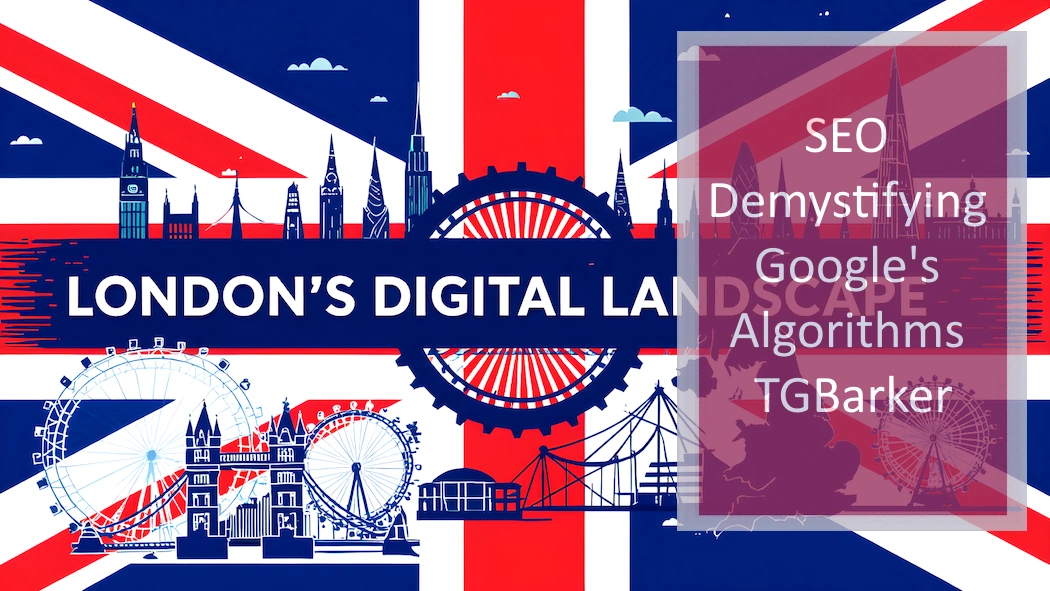1. From Keywords to Context and Entities
Old-school keyword targeting is fading. AI-driven search now understands meaning, intent, and relationships between topics.
For SEO trainees:
- Think in entities, not just keywords: people, brands, services, and locations.
- Build topic clusters instead of one-off keyword pages — one pillar about SEO consultancy in London supported by detailed guides like AI and Local SEO or Optimising for Google SGE.
- Write naturally, anticipating how real users ask questions. Conversational content wins with both people and AI.
2. Optimising for AI Visibility
The era of zero-click searches is here. Many users now get answers directly from AI overviews — but that also means AI is curating which sources to feature.
For marketing professionals and trainees:
- Deliver your best answer at the top of the page — short, clear, and direct.
- Use schema markup (FAQ, HowTo, Article) to help AI understand your content structure.
- Track new performance signals: AI citations, mentions, and brand references in generative answers.
- Build trust through real-world experience: case studies, data, and named authorship improve your authority score.
3. Keep the Fundamentals Solid
AI is rewriting the front end of search, but the core ranking signals still matter. Google still rewards speed, engagement, and internal linking — the DNA of technical SEO.
For trainees:
- Optimise Core Web Vitals and mobile usability.
- Maintain structured internal linking to support your content hierarchy.
- Focus on engagement: pages that keep users reading are pages that AI promotes.
For marketing professionals: Don’t abandon foundational audits — technical excellence remains the platform for AI success.
4. The London Advantage
London’s SEO landscape is ultra-competitive — but that also makes it ripe for local authority building. AI models often surface trusted, geographically relevant content. That’s an opportunity.
- Optimise your Google Business Profile and keep it active with regular posts.
- Reference boroughs, client case studies, and local trends to strengthen regional signals.
- Blend national expertise with a local focus — this dual authority is what makes AI trust you.
5. Training the Next Generation
A successful SEO training plan for London in 2025 should evolve with AI in mind. Here’s a suggested roadmap:
- Weeks 1–2: Foundations — technical SEO, entity-based thinking, site structure.
- Weeks 3–4: AI-focused writing — question-first content and schema markup.
- Weeks 5–6: Authority building — expert bios, citations, and E-E-A-T content.
- Weeks 7–8: Local SEO — Google Business, reviews, and London search trends.
Encourage curiosity — algorithms change, but adaptability keeps professionals relevant.
6. The Mindset That Wins
AI isn’t replacing SEO — it’s raising the bar. Tomorrow’s top SEOs will combine human insight with machine understanding. They’ll think semantically, write conversationally, and structure their content so that AI wants to quote it.
In short: Don’t chase algorithms — align with how AI interprets meaning.
Conclusion: Leading SEO’s Intelligent Future
The next generation of London SEO professionals will define the era of intelligent optimisation. Those who adapt to AI-driven search, embrace semantic thinking, and continue to master the fundamentals will not just survive — they’ll lead.


